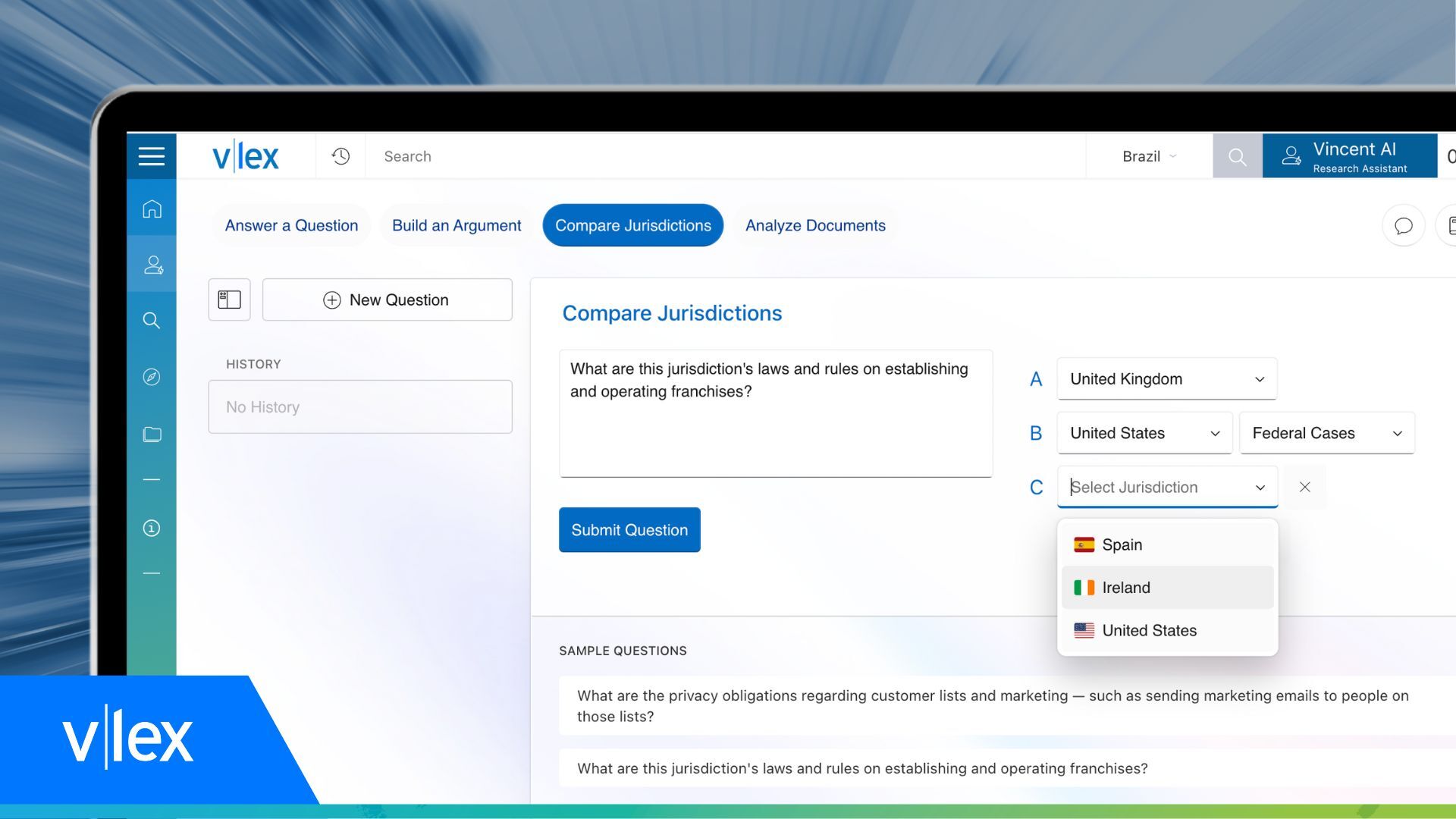Harvard law prof pitched the idea of withholding impeachment articles; is it constitutional?

Image from Shutterstock.com.
After the U.S. House of Representatives voted Wednesday to impeach President Donald Trump, House Speaker Nancy Pelosi said the articles of impeachment may temporarily be withheld from the U.S. Senate.
The idea of delaying—or even withholding transmittal to the Senate—has been pitched by Harvard law professor Laurence Tribe, who advised the House Judiciary Committee on the impeachment process, the Washington Post reports.
Pelosi said Democrats needed to learn more about the trial process by the Senate before House case managers are named to present the case. “So far we haven’t seen anything that looks fair to us,” she said. “So hopefully, it will be fair. And when we see what that is, we’ll send our managers.”
Pelosi said, “We are not having that discussion” when asked if she was considering an indefinite hold on the articles of impeachment.
Tribe presented his case in a Washington Post op-ed on Monday. The option of delay needs to be taken seriously, he said, since Senate Majority Leader Mitch McConnell “has announced his intention to conduct not a real trial but a whitewash, letting the president and his legal team call the shots.”
Delay could give the Democrats a bargaining chip in negotiations over trial rules because Trump and McConnell have an “urgent desire to get this whole business behind them,” Tribe wrote.
It would also be justified to withhold going forward with an unfair Senate trial, he said. “Under the current circumstances, such a proceeding would fail to render a meaningful verdict of acquittal,” he wrote. “It would also fail to inform the public, which has the right to know the truth about the conduct of its president.”
Is such a move constitutional? Tribe believes so.
“Some have asked what would give the House power to take the step of impeaching the president but withhold pressing its articles of impeachment in the Senate,” he wrote. “This question assumes that everything the House opts not to do, every option it chooses not to exercise, requires that it locate affirmative power for its inaction in some textual snippet in the Constitution. …
“Consider the case of a prosecutor armed with a grand jury indictment who learns that the fix is in and that the jury poised to consider the case is about to violate its oath to do impartial justice. In that situation, the prosecutor is under no affirmative legal obligation to go forward until the problem is cured and a fair trial possible. So, too, the House, whose historical role is to prosecute articles of impeachment in the Senate after exercising its ‘sole’ power to impeach, is under no affirmative constitutional obligation to do so instantly.”



